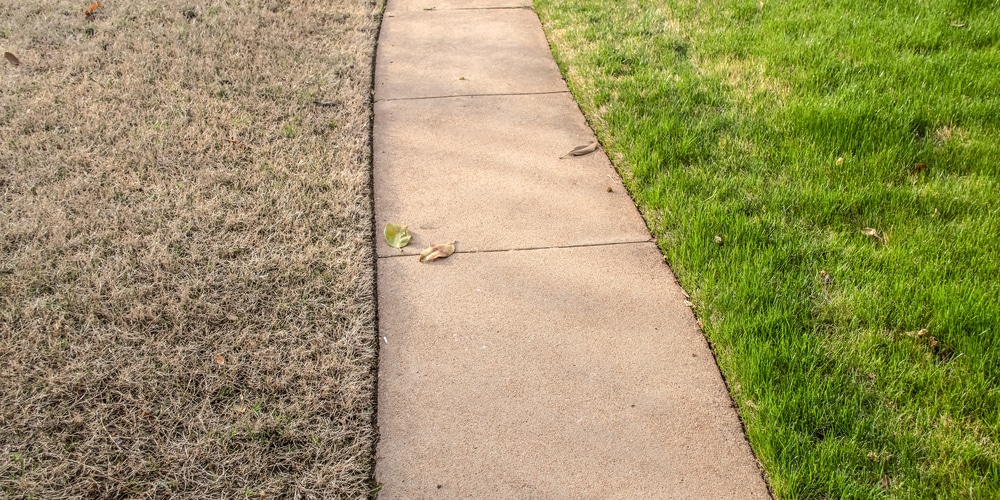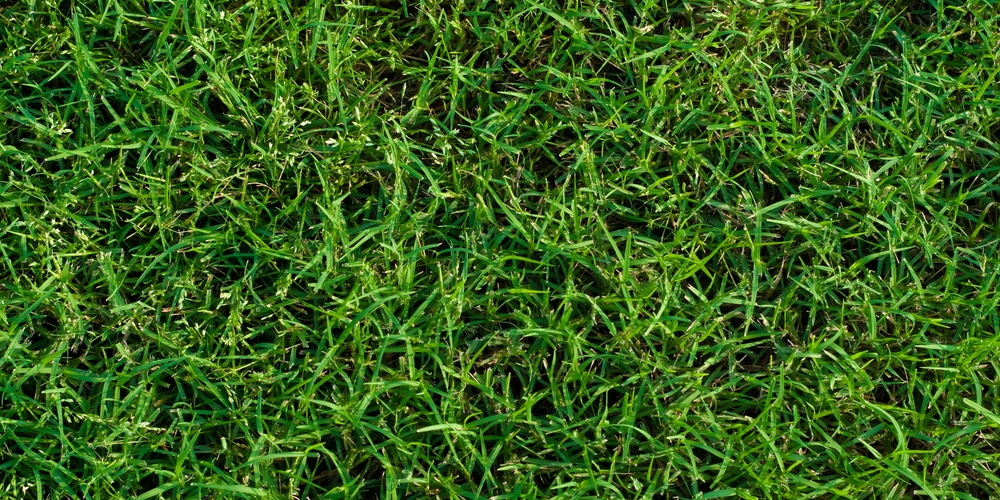Bermudagrass is a warm-season grass that is native to South Africa. It was first documented in the United States in 1807. Bermudagrass is extensively used in pastures, hay, and turf for golf courses and lawns.
It is very drought tolerant and can be used in areas where other grasses would fail. Bermudagrass has a deep root system that allows it to stay green during periods of drought.
Bermuda grass grows best in zones 7-10. This article will discuss the good, the bad, and the ugly of growing Bermuda grass in Maryland!
Maryland’s Growing Conditions
Hardiness zones are geographic areas defined to aid in the determination of whether a particular plant will be able to survive the winter in that location.
The United States Department of Agriculture (USDA) developed the zone system as a guide for gardeners and farmers, and it is based on average annual minimum winter temperatures.
In Maryland, most of the state falls into hardiness zones 5b and 8a, with just the furthest western tip falling into the 5b zone.
Will Bermuda Grass Survive In Maryland?

Bermuda grass grows best in temperatures between 75 and 85 degrees Fahrenheit. It will go dormant in cooler temperatures and can even die if the temperature dips below freezing for an extended period.
So, the short answer is yes, bermuda grass can survive in Maryland. However, it will go dormant during the colder months and may die if the temperatures dip too low.
The Good: Why You Should Grow Bermuda Grass In Maryland
Bermuda grass is a very versatile grass. It can be used for pastures, hay, turf, and even as a cover crop. It is very drought tolerant and has a deep root system that allows it to stay green during periods of drought.
It is also relatively low maintenance. Once it is established, it does not need much fertilizer or water to survive. It is also resistant to many common diseases and pests.
The Bad: Why You Shouldn’t Grow Bermuda Grass In Maryland
Bermuda grass is a very invasive species. Once it is established, it isn’t easy to get rid of. It can quickly take over your lawn and crowd out other plants.
The Ugly: What You Need To Know Before Growing Bermuda Grass In Maryland
Bermuda grass is beautiful grass when it is well-maintained. However, it cannot be easy to control.
It also tends to form thatch. Thatch is a layer of dead and living grass that builds up on the soil surface. It can be challenging to mow through, leading to drainage problems and soil compaction.
How To Grow Bermuda Grass In Maryland
This grass is known for its aggressive growth habit and ability to withstand heavy foot traffic. Bermuda grass grows best in full sun and can tolerate drought conditions better than most other grasses. If you live in Maryland and are interested in growing Bermuda grass, there are a few things you need to know.
First, choosing a suitable variety of Bermuda grass for your climate is essential. Several varieties are available, and not all of them will do well in Maryland’s climate. Once the seedlings have emerged, they can be transplanted outdoors.
Second, Bermuda grass must be mowed frequently to prevent it from getting too tall. Mowing also helps to encourage a dense growth habit.
Finally, Bermuda grass should be fertilized regularly to promote healthy growth.
Bermuda grass in Maryland: Conclusion
Bermuda grass is a versatile and resilient grass that can be successfully grown in Maryland. However, choosing a suitable variety and providing the necessary care and attention is essential. You can enjoy a beautiful lawn of green Bermuda grass with little effort.

